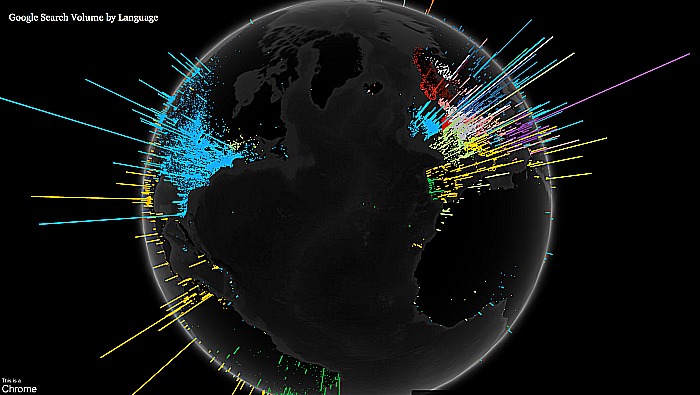It was about five minutes after someone came up with the brilliant meme “information wants to be free†that people started screaming about the death of printed newspapers and magazines. How would content creators ever get paid if redistributing the fruits of their labor was no more difficult than copy/paste? To date very few established media brands have been able to make use of paywalls successfully, and it’s not clear which monetization models will enable writers and editors to be compensated sufficiently to continue to produce quality work.
Still, as disruptive technology obscures the way forward it holds the seeds of the future within the chaos it introduces.
Paid-content success stories have come from out of the blue: Wired Magazine successfully sold individual issues for iPad; naturally other magazines followed suit. Rupert Murdoch’s recent the introduction of The Daily for iPad, a news-delivery app costing about a dollar per week, is another interesting try at monetizing content, again by leveraging hardware and software to deliver an improved multi-media experience that’s superior to newsprint.
Paywalls in their most primitive form seem unlikely to work, especially when they attempt to control access to sites and webpages that exist in search engine indexes anyway. One still suspects that 10 years from now many of the media brands we’ve known for decades will have found ways to monetize. But how will publishers find means to survival in a mediascape of infinite complexity? In a word: testing.
Enter Google One Pass. It’s a payment system that attempts to make it very easy for publishers of any size to test different business models for delivering their content. Of course you can do this manually already, but rather than making a project out of each model you test, you can try various methods with One Pass. You could quickly create a paid subscription service, sell day passes or set up a pay-per-article offer. One Pass is integrated with Google Checkout, and implementing it sounds simple. This ease and flexibility it offers even small publishers is critical.
Simple paywalls are inflexible and seem to risk alienating readers. Google One Pass might make it easier for a publisher to fine tune his approach based on empirical evidence as to what’s working.
